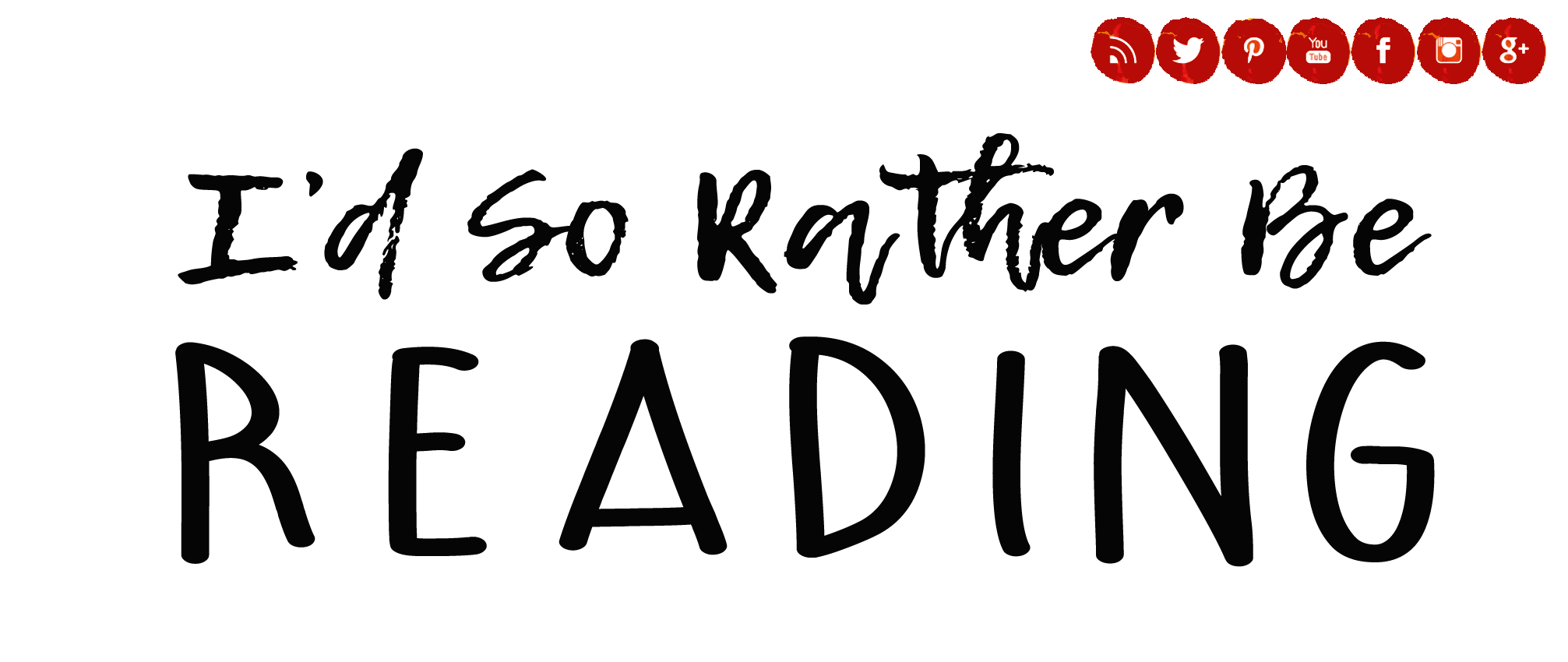Summary:
 Beyond Belief
addresses what happens when women of extreme religions decide to walk
away. Editors Susan Tive (a former Orthodox Jew) and Cami Ostman (a
de-converted fundamentalist born-again Christian) have compiled a
collection of powerful personal stories written by women of varying
ages, races, and religious backgrounds who share one commonality:
they’ve all experienced and rejected extreme religions.
Beyond Belief
addresses what happens when women of extreme religions decide to walk
away. Editors Susan Tive (a former Orthodox Jew) and Cami Ostman (a
de-converted fundamentalist born-again Christian) have compiled a
collection of powerful personal stories written by women of varying
ages, races, and religious backgrounds who share one commonality:
they’ve all experienced and rejected extreme religions.Covering a wide range of religious communities—including Evangelical, Catholic, Jewish, Mormon, Muslim, Calvinist, Moonie, and Jehovah’s Witness—and containing contributions from authors like Julia Scheeres (Jesus Land), the stories in Beyond Belief reveal how these women became involved, what their lives were like, and why they came to the decision to eventually abandon their faiths. The authors shed a bright light on the rigid expectations and misogyny so often built into religious orthodoxy, yet they also explain the lure—why so many women are attracted to these lifestyles, what they find that’s beautiful about living a religious life, and why leaving can be not only very difficult but also bittersweet.
Release Date: April 2, 2013
Age Group: Adult
Source: Review copy from publisher
Review:
I have never been in an extreme religion, but I am drawn to stories about those who have been. Earlier this year I read Peggy Riley's Amity and Sorrow, and was amazed at the intensity of the characters' religious devotion.
I started Beyond Belief expecting that the stories would be accounts of the events leading up to the women's exodus from their religion. I confess that I was a little disappointed to find that most of the essays are either a summary of the narrator's religious background, or describe one outstanding event. Upon further reflection, I decided that a book devoted solely to the stories of how women left their religious groups would start to feel repetitive. I liked that I started each chapter not knowing what to expect from that particular essay.
One of my favorite aspects of a collection of essays is that I can read one story at a time, then put the book down, picking it up days later to read another story. I can stop and start reading without being lost, or having to follow one particular plot. It's nice to be able to experience a book one small bit at a time.
I would have liked more depth to the stories. Of course, this issue is common to collections of essays: how well can the reader get to know a character when their entire story is eclipsed in 10-20 pages? I often wondered why exactly the women chose to leave their faith group, and would have liked to know more about that, instead of just having a snapshot of part of their faith journey.
Overall, I did enjoy Beyond Belief. It's definitely a change of pace from my usual reading selection, and I liked the intensity and honesty of the stories. I would recommend Beyond Belief to anyone interested in extreme religions, and to fans of nonfiction books.
I have never been in an extreme religion, but I am drawn to stories about those who have been. Earlier this year I read Peggy Riley's Amity and Sorrow, and was amazed at the intensity of the characters' religious devotion.
I started Beyond Belief expecting that the stories would be accounts of the events leading up to the women's exodus from their religion. I confess that I was a little disappointed to find that most of the essays are either a summary of the narrator's religious background, or describe one outstanding event. Upon further reflection, I decided that a book devoted solely to the stories of how women left their religious groups would start to feel repetitive. I liked that I started each chapter not knowing what to expect from that particular essay.
One of my favorite aspects of a collection of essays is that I can read one story at a time, then put the book down, picking it up days later to read another story. I can stop and start reading without being lost, or having to follow one particular plot. It's nice to be able to experience a book one small bit at a time.
I would have liked more depth to the stories. Of course, this issue is common to collections of essays: how well can the reader get to know a character when their entire story is eclipsed in 10-20 pages? I often wondered why exactly the women chose to leave their faith group, and would have liked to know more about that, instead of just having a snapshot of part of their faith journey.
Overall, I did enjoy Beyond Belief. It's definitely a change of pace from my usual reading selection, and I liked the intensity and honesty of the stories. I would recommend Beyond Belief to anyone interested in extreme religions, and to fans of nonfiction books.
Fill out the form below to enter to win an e-copy of Beyond Belief. This giveaway is open internationally and runs from 9/19/13 to 9/29/13. The winner will be notified via email.



Thanks for being part of this tour Kelli - glad you enjoyed the anthology. It's always a pleasure working with you!
ReplyDelete~Crystal
This comment has been removed by the author.
ReplyDeleteSo Mormonism is an extreme religion?! I always knew I was an extreme kind of girl! :)
ReplyDelete